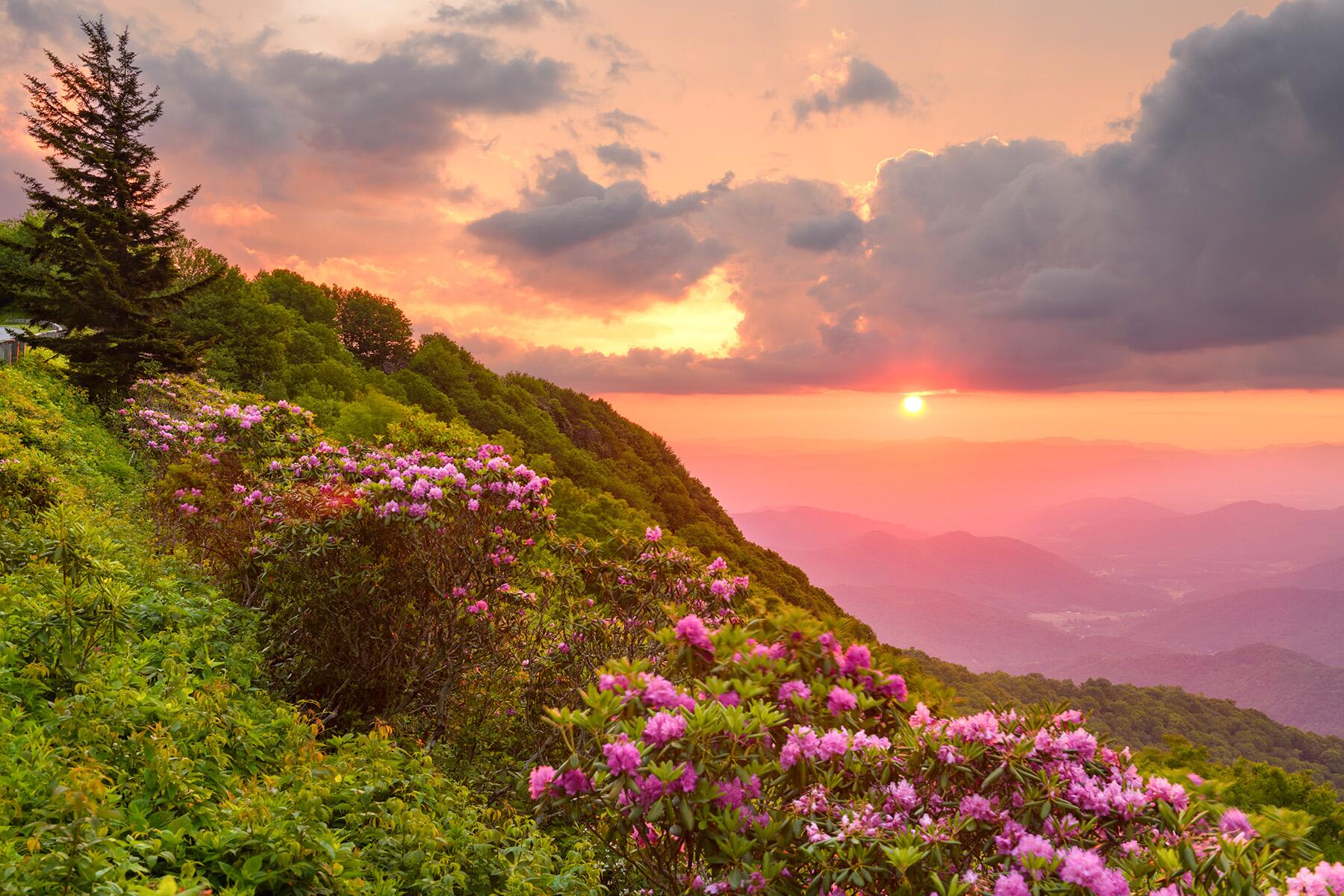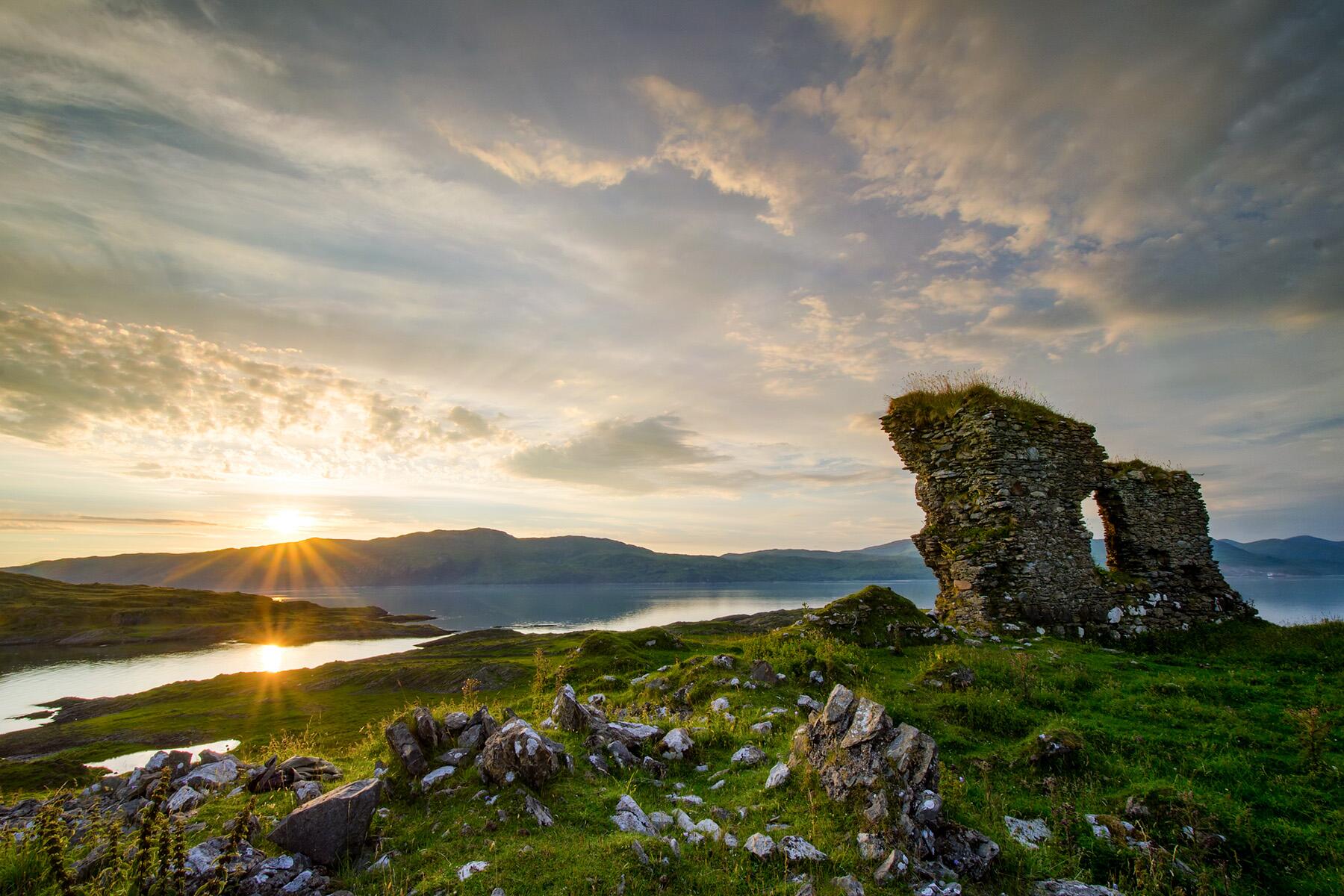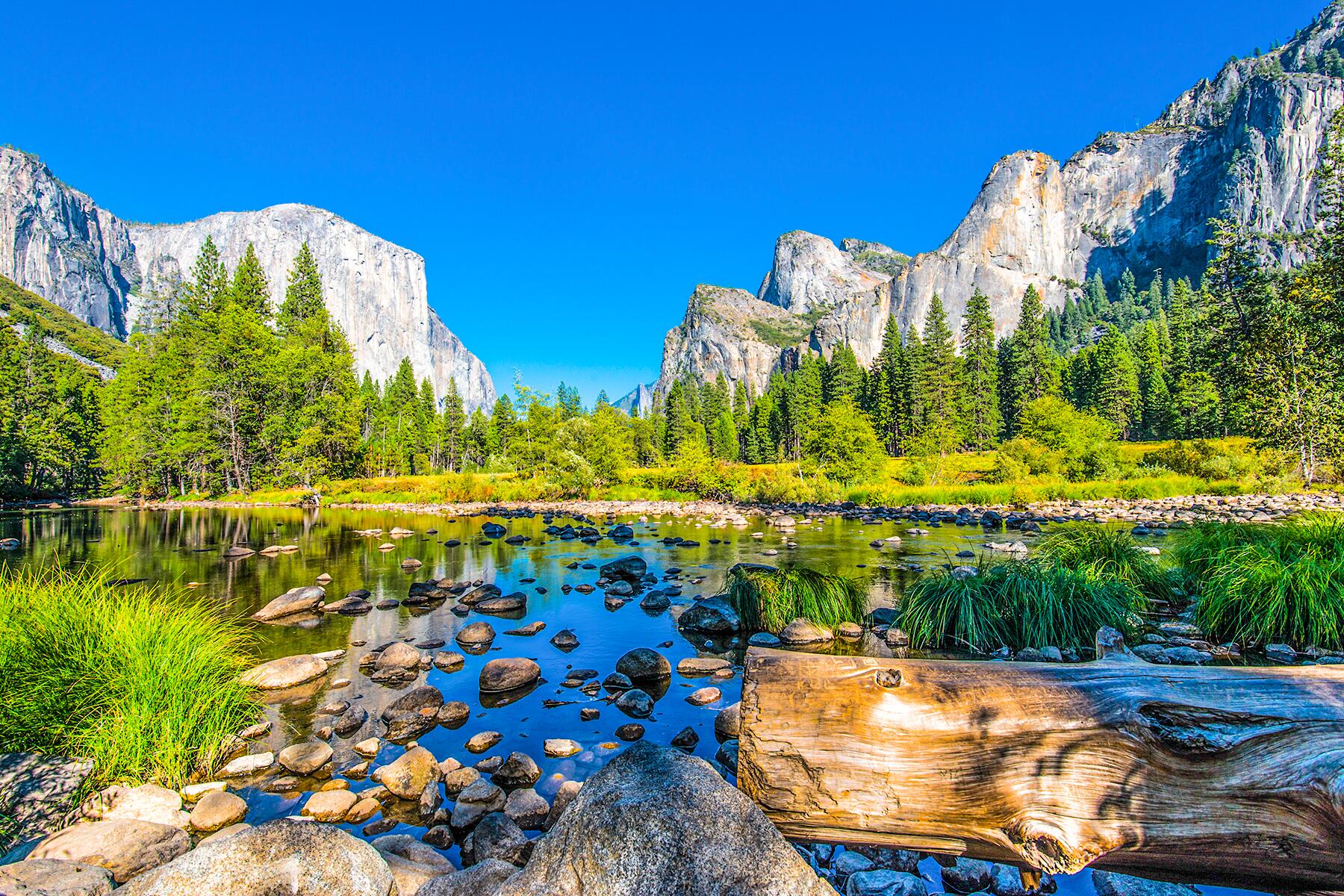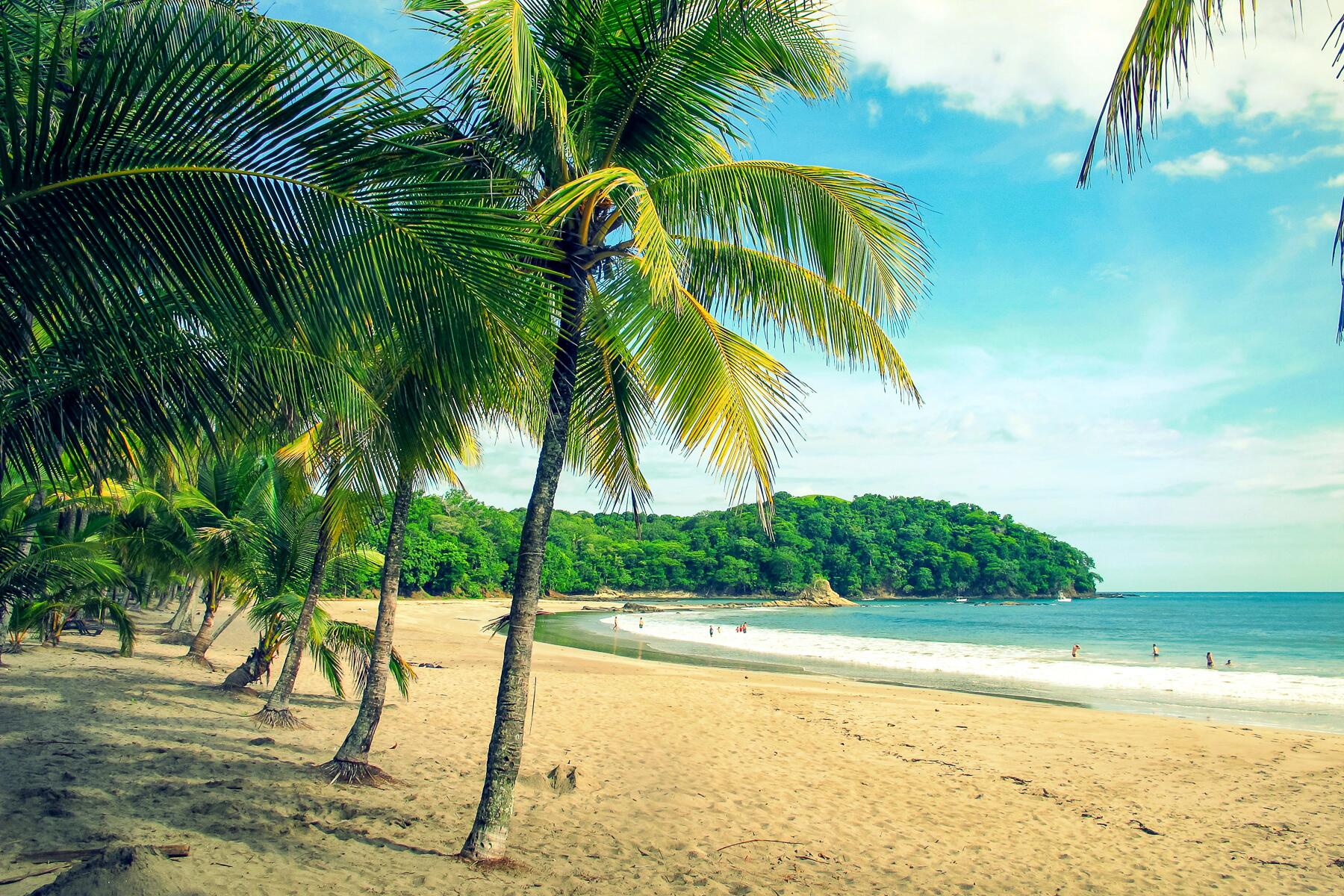When do you visit? How do you get around? Here’s what you need to know.
Most visitors enjoy a hassle-free trip to Costa Rica, but the country does present its own quirks, some charming, some not so. Come armed with a bit of extra inside knowledge to make your trip run smoothly.
Top Picks for You
It Takes More Time Than You Think to Get Around
No matter how small Costa Rica looks on a map—it’s the size of Vermont and New Hampshire combined—your best-laid plans to see the entire country in two weeks will never materialize. A mountainous spine bisects the country, and even on the beaten tourist track you can encounter some of Costa Rica’s legendarily rough roads. Slow down and get to know a few places well. Two destinations in one week or three in two weeks allow that. Plan your trip with the idea that you’ll return one day. You just might start plotting ways to get back to Costa Rica during your flight home.
The Rainy Season Is a Great Time to Visit
Don’t let the May-through-November wet season stop you from visiting Costa Rica. The rainy months are the “the Green Season.” Crowds are smaller, prices are lower, and the countryside is lush and verdant. For most of those months, you’ll have showers for a couple of hours in the afternoon and you plan your activities around that schedule. Rains become heavier and more prolonged by September and October, and you might go days at a time without seeing the sun. A beach vacation could be a washout during those months. Nature activities go on rain or shine, though, and many outfitters provide ponchos and boots.
Recommended Fodor’s Video
Small Lodgings Are Distinctively Costa Rican
All-inclusives exist, but they have never been the focus of tourism here. Well-known brands like Hilton, Hampton, Marriott, Radisson, Four Seasons, and Best Western are here, too, as are their Spanish counterparts Barceló and Meliá, but Costa Rica remains the province of smaller, independently owned lodgings with local touches, where the owners will give you nearby dining and sightseeing recommendations, or where you can exchange such information with your fellow travelers over breakfast. These are the true gems on the accommodation spectrum.
Costa Rica Does Not Use Addresses as We Know Them
Looking for street names? If they exist, nobody here knows or uses them. Costa Rica relies instead on a charming, exasperating system of expressing locations in reference to a landmark. Think in units of 100 meters, which denote how far it is to the next cross street, regardless of the actual distance itself. Historically, the reference point was the church, always in the center of town: “200 meters north and 50 meters west of the church” means you go two blocks north and one-half block west of the church. These days, that landmark could be anything: a bakery, a gas station, a Taco Bell … Keep asking. You will eventually get where you want to go.
Adventure Sports Require a Healthy Respect
Costa Rica lets you—take a deep breath—raft, hike, zipline, swim, surf, kayak, rappel, bike, climb, sail, spelunk, hang glide, bungee jump, snorkel, balloon, dive, fish, trek, and skydive. Be brutally frank with yourself about your capabilities. Just because “everybody” goes on a zipline canopy tour—Costa Rica gave the world this activity—doesn’t mean you have to. Evaluate the outfitter carefully. Ask questions and don’t be afraid to walk away if something seems off. No government body here sets standards for any of these activities. Costa Rica is great fun, but it’s not a giant outdoor amusement park. This is real nature with all its accompanying forces.
Prices Are Generally Fixed
Bargaining is not the sport here that it is in other countries. Souvenir prices are fixed and fair, certainly at mortar-and-brick establishments, and attempts to haggle down the amount might come across as rude. It never hurts to ask for a discount (descuento). Merchants are charged high credit-card fees, and you might get a small price break if you pay in cash, with local currency, the colón. Do feel free to bargain, say, for produce in an outdoor farmers market or if you want to negotiate hiring a taxi for a day.
You Have to Take the Car Rental Company’s Insurance
Insurance in Costa Rica is a government monopoly. At a minimum, you must take the third-party insurance the rental agency offers. Your own back-home car insurance does not exempt you. Neither does any coverage your credit card provides. Beware of online offers for car rental in Costa Rica that will cost you “Only $10 a day!” –such rates are impossible. To avoid any surprises, ask what is included when you get a price quote. Some agencies tell you everything upfront. Others advertise only the base rate.
Roaming Charges Are Wildly Expensive
Your back-home wireless provider partners with one of Costa Rica’s three cell companies—Kölbi, Claro, and Tigo—to let you stay connected in all but the most remote areas. Posting those vacation pictures to your Instagram account in real time eats up data quickly. Don’t let a massive cell bill welcome you home from Costa Rica. Consider a prepaid local SIM card for your unlocked phone from one of those three local providers. (The government-owned Kölbi has counters in the arrivals area of both international airports in San José and Liberia.) Better yet, turn off the data and hunt out a Wi-Fi hotspot.
Everyone Can Get Married Here
Costa Rica’s 2020 legalization of same-sex marriage means both gay and straight couples will be able to say a tropical “I do.” The Supreme Court here has ruled that the country must implement marriage equality, making it the first Central American nation to do so. You need to be at least 18 and supply your wedding planner here—as a foreigner, you should use one to navigate logistics—with copies of your and your witnesses’ passports and birth certificates. (Witnesses cannot be related to you.) Some big lodgings have a planner on staff, with those in LGBT-friendly Manuel Antonio on the central Pacific coast expected to take the lead serving the new market.
Costa Rica Has No Army
The 1949 constitution abolished the military, and Costa Ricans are, um, militantly proud of that fact. The country does have an internal police force to keep law and order, but that’s it. The army-less status has served Costa Rica well, freeing it from the unrest that has plagued its neighbors. (Remember those 1970s and 1980s headlines coming out of El Salvador and Nicaragua? And Honduras had a military coup as recently as 2009. And Venezuela? That’s just sad.) Costa Ricans generally have no use for war or for the causes that lead to it, so it’s best to steer clear of such discussions. People here are fascinated by the current state of U.S. politics. We Yanks can expect some questions.




